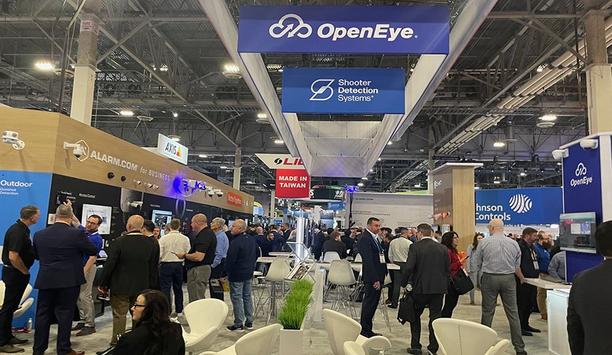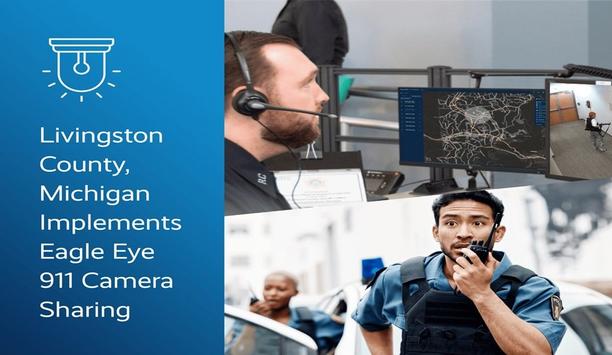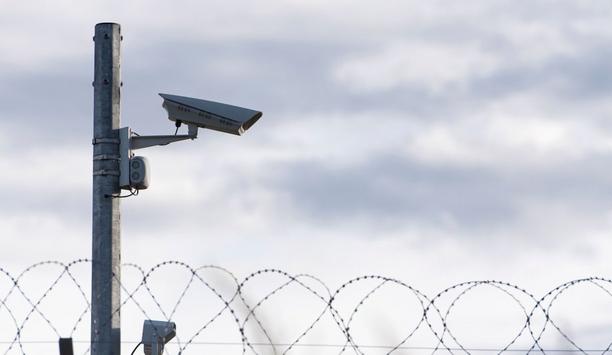You can depend on the National Rifle Association (NRA) to enter the conversation after almost any high-profile violent incident, and such was the case recently after a 22-year-old college student went on a deadly rampage outside the main campus of the University of California, Santa Barbara. Thirteen were injured and six young adults lost their lives, including the perpetrator.
After the tragedy, “NRA News Commentator” Dom Raso took issue with what he called “inaccuracy of the media, especially regarding their reports of mass shootings.” Specifically, Raso objects to the media’s use of the word “shooting,” rather than the more general term “murderer.” His contention is that “shooter” focuses excessive attention on how a crime was committed, rather than the crime itself. “All of a sudden, instead of focusing on the real common link between all acts of evil, the evil person who did it, we are subconsciously told to think about the tool they used instead,” he says. “Evil is the problem, the tool is irrelevant and stories designed to make you think anything other than the truth are propaganda.”
I thought his argument was a little thin until I realized that the University of California perpetrator used both a gun and a knife in his crime – he stabbed three victims before shooting the others. However, he was almost universally referred to as a “shooter” but not as a “stabber” or “knife-wielding maniac,” or whatever the equivalent knife-related noun would be. It’s not that any of the reports were incorrect, just a matter of emphasis.
How many marketers avoid the term “video analytics” because of bad connotations from early failures of the technology? |
I wouldn’t exactly call it propaganda, but it reminds us of the importance of how we use words in our market as well as in the world at large. Something as simple as using the term “security officer” instead of “security guard” can suggest a higher stature or greater importance of the job being done. Why do retailers use a polite euphemism like “shrinkage” to mean “theft” (in its various forms)? Terms like “surveillance” can absorb negative connotations, suggesting “Big Brother” or the NSA.
You see word choice reflecting market trends, too. How many marketers avoid the term “video analytics” because of bad connotations from early failures of the technology? Some apparently think the term “PSIM” carries an implication of being expensive or two specialized. That’s how you come up with companies saying things like, “It does everything a PSIM does, but it isn’t a PSIM.” (PSIM is an acronym for physical security information management.)
As an editor, I am aware of the power of words. I take Mr. Raso’s point, although I disagree that the intent is propaganda. Most journalists would choose “shooter” over “murderer” or “perpetrator” simply because it is more specific. Sadly, most of us hear the words so often nowadays we hardly stop to think about them. Maybe we should. Bottom line: Our words can reveal our biases, so we should choose them carefully.










































